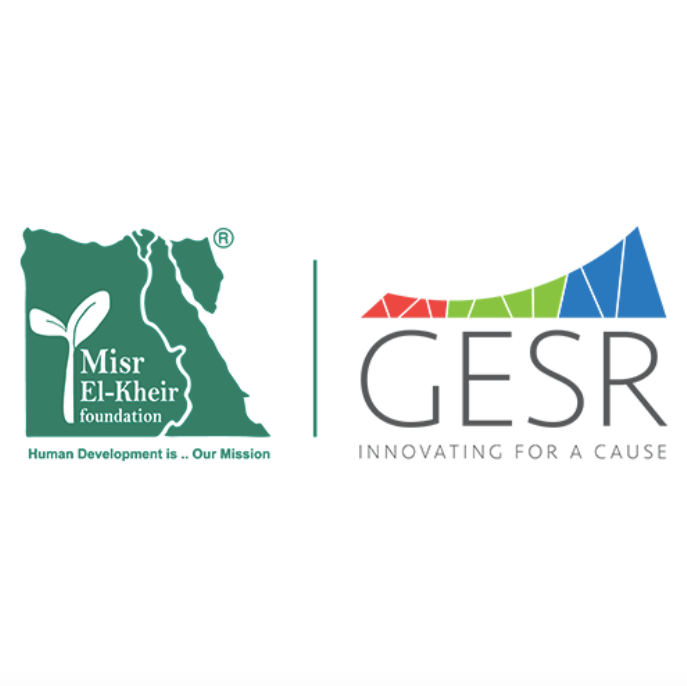Forget Password?
Enter your e-mail address below to reset your password.
by Misr El-Kheir MEK
Cairo, Egypt

Lack of clean, affordable energy is part of the poverty trap. Pollution from indoor use of harmful fuels for cooking and lighting leads to significant health problems. Gathering biomass fuels takes time that could be better spent in school or at work. And the higher cost of
inefficient energy-using devices and the lack of access to modern energy sources such as electricity become part of the base of the economic pyramid (BOP) penalty – the added cost of being poor[1]. Worldwide, approximately 2.7 billion people rely on traditional biomass for cooking and heating, and about 1.3 billion have no access to electricity. Up to a billion more have access only to unreliable electricity networks[2].
In Egypt, half of the governorates may plunge into darkness due to fuel shortage. While national consumption is currently peaking around 22,000 Mw per month, the sweltering summer months usually see an average of 34,000 Mw used each month[3], which is already creating a significant number of electricity cuts, not to mention its consequences on productivity, health, telecommunications and all other aspects of life.

Where publicly regulated grids cannot reach, off-grid solutions are becoming more widespread –using hydropower, solar photovoltaics, and hybrid solutions. New technologies, such as light-emitting diodes (LEDs), and modern improvements of old ones, such as biomass-burning cookstoves, are increasingly available at affordable prices to both urban and remote rural populations.
The total market in the Middle East, Africa, Asia, Eastern Europe and Latin America and the Caribbean is estimated to be $433 billion, representing the spending of 3.96 billion people.
The low-income (BOP) households devote an average of 7% only of their expenditures to energy. In most measured countries, the share of household spending devoted to energy does not change significantly as incomes rise.
1- Cost: Up to 2000 EGP (per unit)
2- Appearance: must be presentable and well designed
3- Durability: Has to work for at least one full day
4- Usability: Easy to use and to install

[1] World Resources Institute’s ‘The Next 4 Billion’. Accessible from: http://bit.ly/lABb4
[2] Aalto University BOP Research Group (2012), Doing Business At Emerging Markets: Guide For Inclusive Innovation, http://management.aalto.fi/en/research/groups/bop/projects/
1st Prize: 5000 EGP
2nd Prize: 3000 EGP
3rd Prize: 2000 EGP
For any working prototype, you will get up to 2000 L.E(as a refund) and business module generation sessions.

If your organization is facing a pressing challenge, please submit it by clicking here and follow the instructions.
Share your ideas and get help
Yomken works with people who have brilliant ideas for innovative products and who are looking for financial, collaboration or marketing support to complete these ideas. Our platform helps you to get the needed PR and marketing for free! You may also get inspired by the challenges posted by others to solve them and get awarded in return!
Yomken enables you to find for innovative solutions outside the boundaries of your organization. Open-innovation enables you to use the power of social networking and the wisdom of the crowd. If you are a CSR department or a donor agency, you may also sponsor the solution of social challenges!
Yomken provides you a range of innovative products and ideas by some of the most innovative entrepreneurs in the world. You can support your favorite entrepreneurs by sharing or possibly collaborating with them to improve or complete their products!